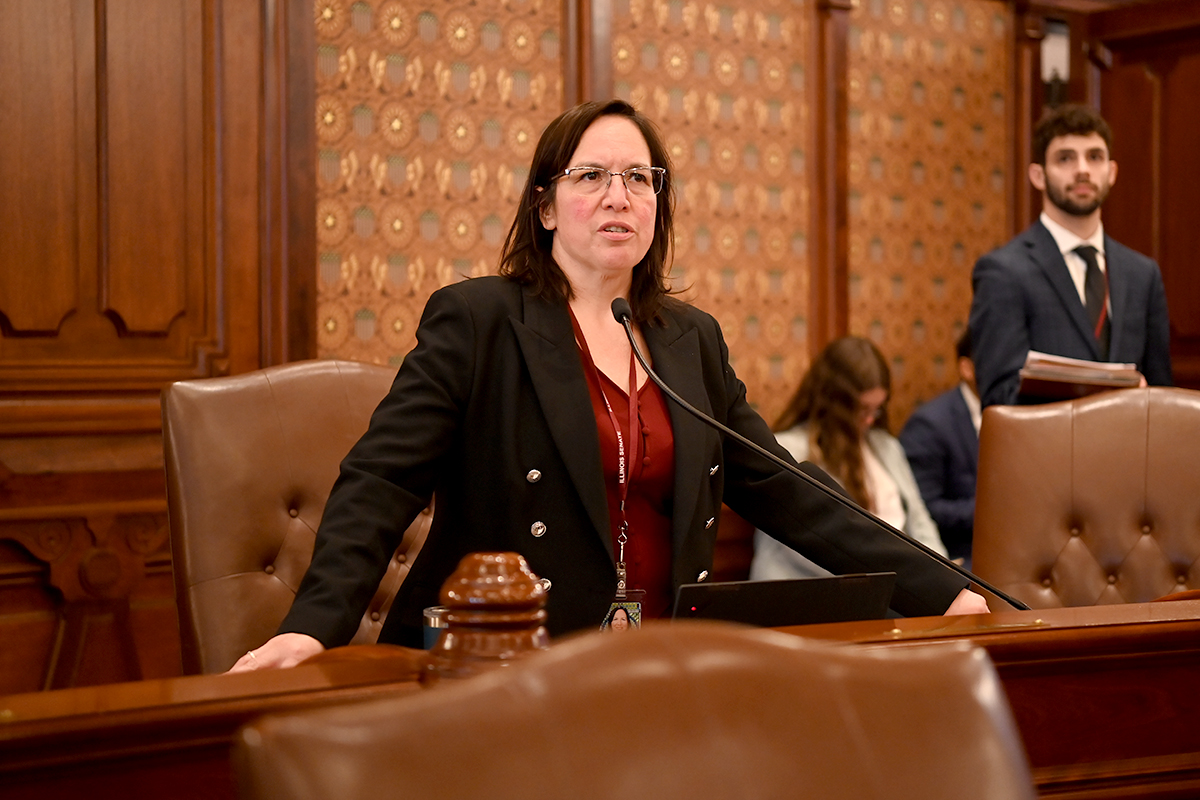
SPRINGFIELD — Recognizing the heightened risk of cancer, trauma-related mental health conditions and other illnesses faced by firefighters, Illinois will begin to track and record firefighters’ causes of death under a new law led by State Senator Cristina Castro.
“This is about transparency for the families of fallen firefighters, and it’s about helping the state understand what we can do better to protect the first responders who put their lives on the line every day,” said Castro (D-Elgin). “Whether a tragedy happens from injuries in the line of duty or from the lasting effects of firefighting over time, this data will shed light on where current gaps exist so we can intervene.”
Over the past 20 years, the U.S. Fire Administration reports nearly 2,000 firefighters have died in the line of duty. In addition to injuries and deaths that occur in the line of duty, firefighters are at a higher risk of cancer and other illnesses — highlighting the need for state-level data to guide interventions that protect their health and safety.
Under the new law, the Office of the Illinois State Fire Marshal must track and record the causes of death for all active firefighters in Illinois, including those who died by suicide and from fire service-related cancers within one year of retiring. The goal is to improve firefighter safety, promote transparency for loved ones, and ultimately help the OSFM develop recommendations to prevent further deaths and injuries of these vital first responders.
“Our firefighters have an extremely dangerous job, a job that we have sworn to sacrifice our life for. Sometimes that death happens on an emergency or training and other times it occurs because of the cumulative, long-term effects of firefighting,” said Associated Fire Fighters of Illinois President Chuck Sullivan. “Thanks to Senator Castro’s leadership, this initiative will allow the state to better understand and track the multiple and various causes of death in our profession and allow us to study what we can begin to do better and safer.”
Senate Bill 1446 was signed into law Friday and goes into effect Jan. 1, 2026.













 © 2026 Illinois Senate Democratic Caucus
© 2026 Illinois Senate Democratic Caucus